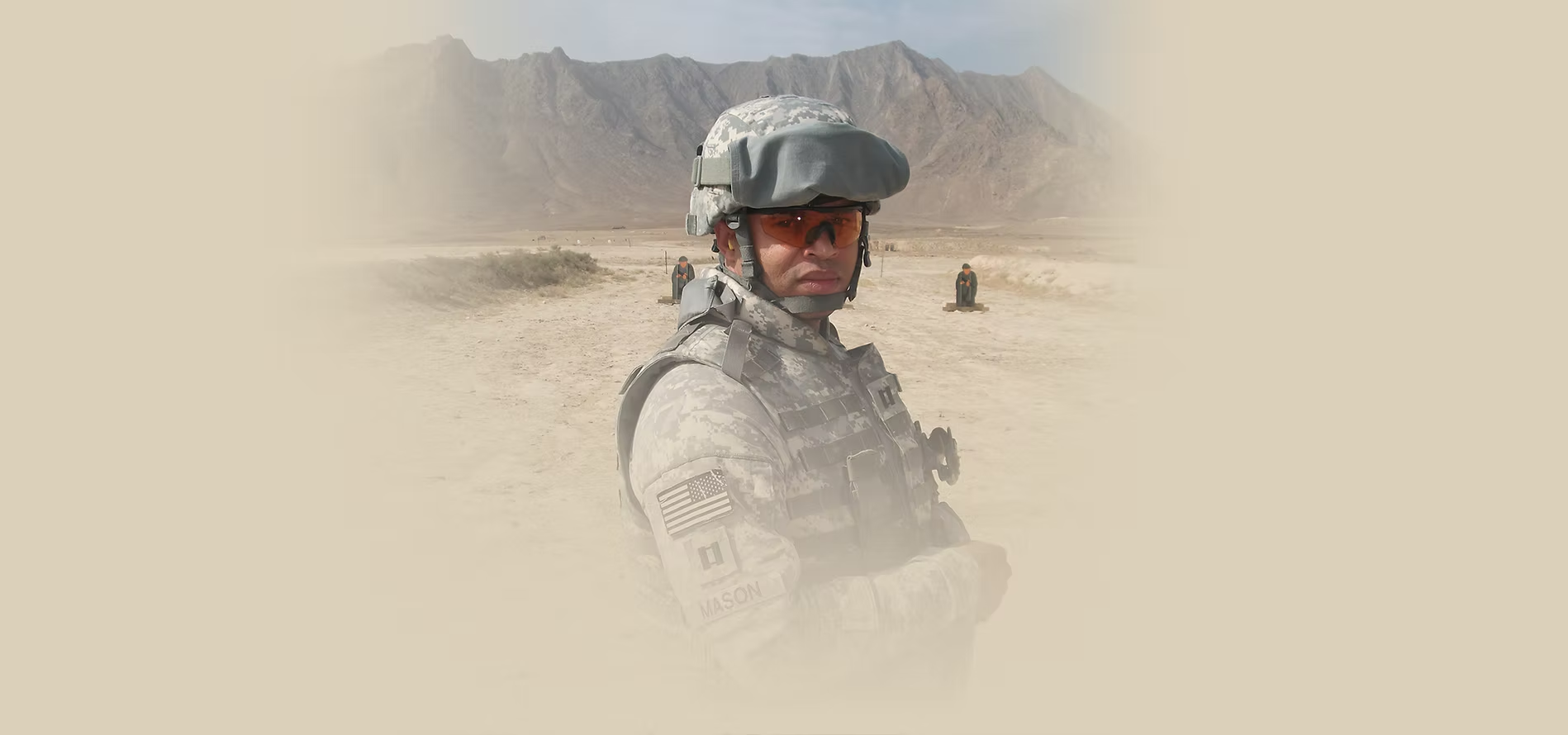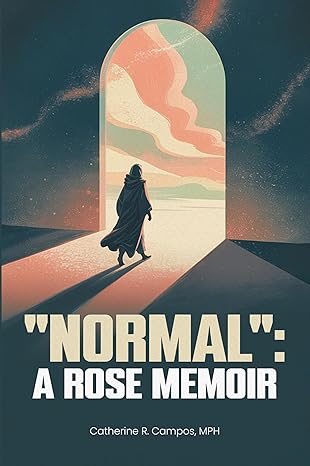Racial discrimination in the US Army is a present-day issue that continues to harm soldiers and damage trust. Dr. Gary Mason II, in his dissertation, A Divine Solution: Unconditional Love as an Antidote to Racial Discrimination in the US Army, offers a bold, faith-driven path to healing: truth, justice, and unconditional love.
Love as a Solution
Mason’s main argument is powerful: unconditional, Christ-like love that transcends race, rank, and resentment is the key to ending racism in the Army. Instead of hate, he urges spiritual and systemic healing through love, accountability, and reconciliation.
Naming the Truth
Before anything can be fixed, the Army must admit the truth: racism exists in its ranks. Mason supports this with case studies, including segregation history and tragic incidents like Pvt. Danny Chen’s suicide, highlighting the ongoing cost of silence.
Demanding Justice
Mason calls for real accountability. Justice isn’t optional—it’s a requirement for trust. He recommends reforms in military justice systems and policies that hold leaders responsible for racial harm.
Reconciliation through Chaplains
Inspired by South Africa’s Truth and Reconciliation Commission, Mason believes chaplains can lead the charge for healing. His proposed training program at Fort Jackson equips chaplains to facilitate open forums, guide forgiveness, and build unity.
Grounded in Scripture
Mason draws on biblical examples like:
- Genesis 1:26 – Every person is made in God’s image.
- John 13:34 – Love one another as Christ loves us.
- Luke 10 – The Good Samaritan breaks racial boundaries with compassion.
Real-World Application
What makes Mason’s work stand out is its practical application. It’s not just theory—he interviewed chaplains, gathered survivor stories, and created a model to help the Army actively fight racism, not just ignore it.
The military must be anti-discriminatory. Truth, justice, and unconditional love must become standard in training, leadership, and policy.
This powerful vision challenges both the Army and the rest of us to see love not as a weakness but as the strongest force for justice.
Visit the author’s website to learn more.




